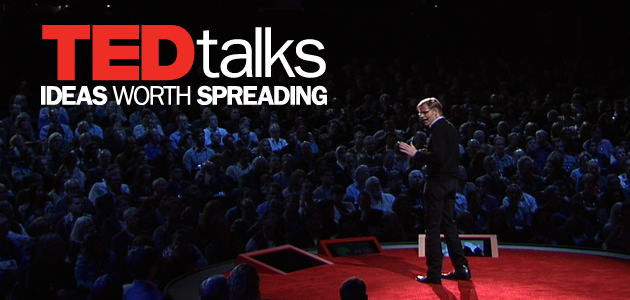Five Fantastic TED Talks on Death
Life that doesn’t end with death: In Tana Toraja, weddings and births aren’t the social gatherings that knit society together. In this part of Indonesia, big, raucous funerals form the center of social life. Anthropologist Kelli Swazey takes a look at this culture, in which the bodies of dead relatives are cared for even years after they have passed. While it sounds strange to Western sensibilities, she says, this could actually be a truer reflection of the fact that relationships with loved ones don’t simply end when breathing does.
Let’s talk about dying: We can’t control if we’ll die, but we can “occupy death,” in the words of Peter Saul, an emergency doctor. He asks us to think about the end of our lives — and to question against the modern model of slow, intubated death in hospital. Two big questions can you help start this tough conversation.
We need a heroic narrative for death: Amanda Bennett and her husband were passionate and full of life all throughout their lives together — and up until the final days, too. Bennett gives a sweet yet powerful talk on why, for the loved ones of the dying, having hope for a happy ending shouldn’t warrant a diagnosis of “denial.” She calls for a more heroic narrative for death — to match the ones we have in life.
The 4 stories we tell ourselves about death: Philosopher Stephen Cave begins with a dark but compelling question: When did you first realize you were going to die? And even more interesting: Why do we humans so often resist the inevitability of death? Cave explores four narratives — common across civilizations — that we tell ourselves “in order to help us manage the terror of death.”
Prepare for a good end of life: Thinking about death is frightening, but planning ahead is practical and leaves more room for peace of mind in our final days. In a solemn, thoughtful talk, Judy MacDonald Johnston shares 5 practices for planning for a good end of life.

